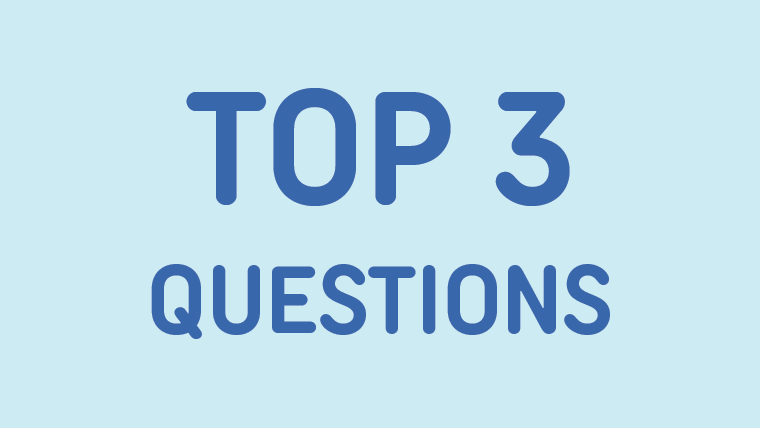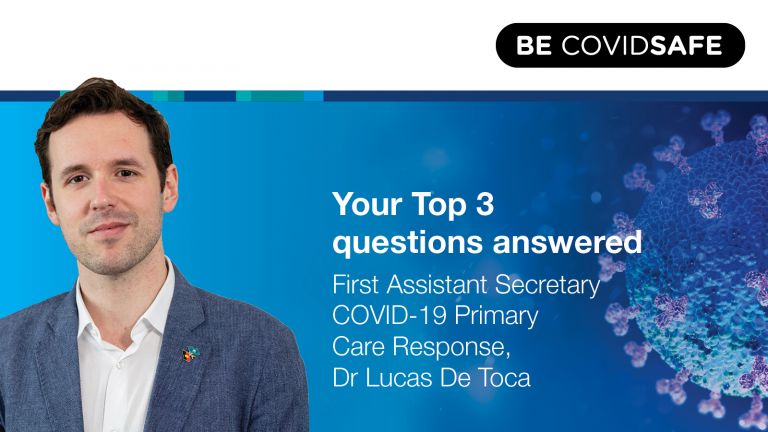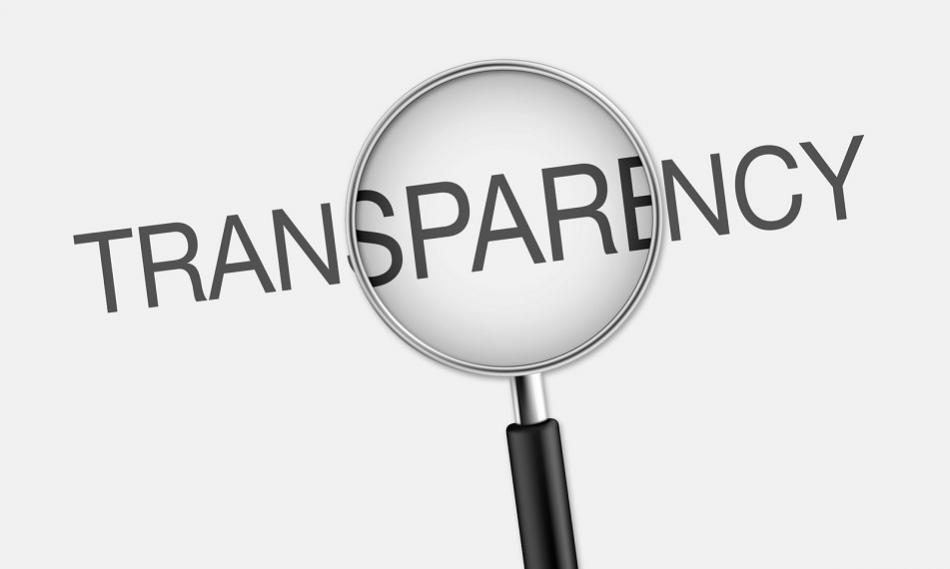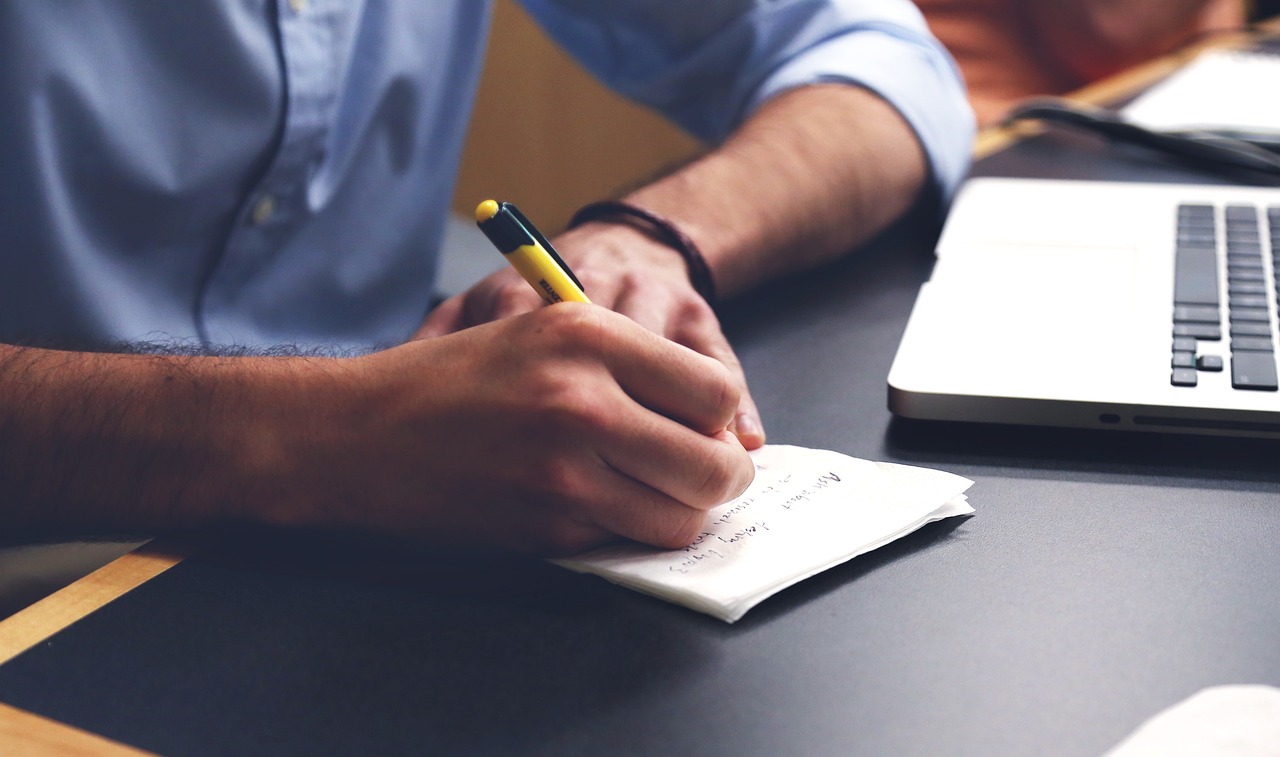
Good morning. My name is Dr Lucas De Toca and today we are going to be entering some of your frequently asked questions about COVID-19 and the vaccines. As usual, I’m joined today by Linda who is doing Auslan interpreting. Thank you, Linda. We are on the land of the Ngnunnawal people, so Dhawra nhuna, dhawra Ngunawal. Yanggu gulanyin ngalawiri, dhunayi, Ngunawal dhawra. Wanggarralijinyin mariny balan bugarabang. I also acknowledge the Traditional Owners of the lands where people may be watching from. Today we are going to talk about what I need to do if I need to quarantine, about the precautions that we need to take even if we are fully vaccinated around unvaccinated people and also, not really a Top Three question but actually quite topical, some information about the recently announced study of the use of the Pfizer BioNTech vaccine in children 5 to 11 years of age, which I’m sure, or hope, you will find interesting. Before, I want to start with a shout out to the millions of people in Australia who have come forward to get a vaccine. Today we cross the threshold of 25 million doses of vaccines being administered, which is a really important milestone in terms of our national population. I specifically want to acknowledge the many people without a Medicare card who are coming forward to get vaccinated and taking this as an opportunity to remind everyone that the vaccines in Australia are free and they are free for everyone. If you don’t have a Medicare card, you still can get the vaccine and you still can get it for free. You can go to a community pharmacy and pharmacies now are starting to offer the Moderna vaccine in addition to the AstraZeneca vaccine, you can go to a Commonwealth vaccination clinic, have AstraZeneca and Pfizer, and you can go to a state or territory vaccination clinic. In all those locations you can get the vaccine, you can get it without a Medicare card, you can get it for free and you can also get your details uploaded up to the Australian Immunisation Register so that you can get a COVID vaccine certificate and an immunisation history statement. Please don’t think that not having access to Medicare is a barrier for getting a vaccine. You have access and it is free.
Today’s first question is about, what do I need to do if I’m asked to quarantine?
Quarantine is what happens when someone who does not have symptoms, who does not have confirmation of having a disease, needs to isolate because of being potentially exposed with someone with the disease. That is happening quite frequently in many Australian cities now where we have active community transmission and active cases, and people are asked to go home and quarantine. If you are directed to quarantine because you have gone to an exposure site or because you have been in contact with someone who has tested positive to COVID-19, public health authorities will advise you that you need to quarantine. That means you need to go home as soon as possible, you need to go straight home. You cannot stop to get shopping or do errands along the way. You must return home and try to arrange, if you can, with family and friends to organise for those errands to take place. If possible, you are encouraged to use private transport. Of course, if you can’t and you need to use public transport, follow COVIDSafe behaviours to reduce risk to others. And then when you are home, you need to try minimise contact with others as much as possible. Unless directed to do so by public health authorities, people that you live with don’t necessarily need to quarantine but you need to try to minimise contact with others. Stay in different rooms where possible, if you are in common spaces, wear a mask, practise the usual hand hygiene, wash your hands frequently, wash your surfaces of common spaces very frequently to minimise the risk of transmission to others, try not to share household items, and if possible, stay away. Avoid sharing towels, linen, those kinds of items, and as I said, try to increase the frequency of cleaning around the house. It is about just minimising the chances of people around you becoming infected, noting that particularly with Delta, transmission within households is very, very high.
The second question that we have today is about, what do people who are fully vaccinated, like myself, have to do in terms of being around unvaccinated people?
As we’ve discussed previously, the vaccines are exceedingly effective at protecting yourself from severe disease, hospitalisation and death, over 90% effective. For all three vaccines available in Australia, after a full course, so two doses of the same vaccine, are protecting you from getting very sick, going to hospital or dying from COVID-19, and we are seeing it with the statistics across the country of the people who are getting COVID and who are getting hospitalised and going to ICU are overwhelmingly unvaccinated and in some cases, partially vaccinated. The vaccines are not completely protective from you getting COVID-19 or passing it on to others altogether. They very drastically reduce those risks, they reduce the risk of getting COVID at all, and then they reduce the risk of you transmitting it to others, but it doesn’t mean that it is completely protected for that. They are almost 100% effective at protecting yourself and they have an impact on protecting others, but there is still a risk, even if it’s smaller, that you can get the virus and pass it on to others even if vaccinated and that is why it’s important we continue to practise COVIDSafe behaviours around people, so that we do our part, even if fully vaccinated, to protect the spread. Maintain physical distancing, washing your hands frequently with water and soap and hand sanitiser with at least 60% alcohol, if water and soap are not available, wearing a face mask if required by public health orders, and of course, getting tested and isolating if you have symptoms, even if really mild. Especially when you are vaccinated, in the unlikely event you get COVID, it’s very likely your symptoms are going to be milder than in unvaccinated people. It is really important that we are still getting tested even with very mild symptoms to make sure if we can contract COVID we minimise the risk of passing it on to others, even if ourselves are very well from severe disease from having the vaccine.
So, instead of our third question, we thought today we would take a chance to have a quick chat about the study that has been published in the last 24 hours about the use of the Pfizer BioNTech, or called Comirnaty, vaccine in children five to 11 years of age, which is a really interesting new piece of evidence that is adding to the body of knowledge that we have about these vaccines.
This is the first sort of landmark or large pivotal study involving more than 2000 children aged five to 11 years of age about the safety and efficacy of the vaccines in these cohorts. It is about the Pfizer, or Comirnaty, vaccine and they looked at the safety profile but also the immune response for the vaccine, a reduced dose, about 1/3 of the dose that adults or children 12 to 15 get. The study concludes, based on the information that the company has released, that the vaccine is safe and develops an equivalent or comparable immune response to those that we observe in older people with the full dose. So that’s a really encouraging result and it is adding to what we know about these vaccines in different age groups. This does not mean that the vaccine is now automatically going to be used in younger people. There is a whole heap of other processes that need to take place before we do that. The company has said that they will submit to the American drug regulator, the FDA, and to the European Medicines Agency in order to seek regulatory approval for the vaccine in younger cohorts. It is likely, after that process, that we will probably seek similar arrangements with the Therapeutic Goods Administration, Australia’s drug regulator. Each regulator will do an independent assessment of all the available evidence, this study will help form that opinion but it will not be the only thing they will look into, and before any regulator, and definitely Australia’s regulator, approve the vaccine for use in that age group, they will have to be satisfied of the safety and effectiveness of the vaccine in that cohort. At this stage it doesn’t change the arrangements, it doesn’t change the vaccine program in Australia, but it is a good step in terms of adding more positive news on how these vaccines may be used in younger groups which is good in terms of our goal to getting as many people vaccinated in the overall population. But for now, it is important to remember that the Pfizer BioNTech, or Comirnaty, vaccine as well as the Moderna, or Spikevax, vaccine are approved in Australia for people 12 years and over. So, kids 12 to 16 can get the vaccine right now and in fact we are seeing more and more younger people getting the vaccine every day. It has been really quick since the vaccine eligibility opened for people 12 to 15 years of age, broadly on the 13 September, there has been more than 15% of that entire age group that have received a first dose. Really, families are coming forward to receive the vaccine across all the age groups. It is important we focus on who is eligible right now which is everyone over 12+ for the two vaccines and everyone 18+ for the AstraZeneca. We keep increasing coverage rates among eligible groups and keep practising COVIDSafe behaviours around people cannot get vaccinated, like younger children or people who for whatever reason cannot get the vaccine. That’s the most important thing we can do right now, but some positive news on the horizon about potentially how we will use these vaccines in younger people later on when the regulators make the call. We thought we would update for you on that because we were sure that would be a lot of questions on that.
And that is all we have for today. Thank you very much for listening, thank you for watching, thank you, Linda, for your interpreting. And continue to practise COVIDSafe behaviours and we will see you next time








